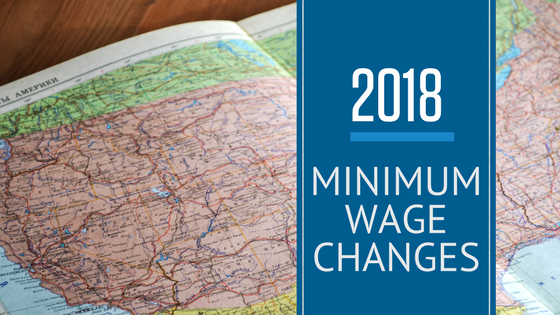Most states also have their own wage and hours laws which may be more or less generous to employees. In addition, local governments (cities and counties) often pass their own wage and hour laws, particularly minimum wage laws for employers doing business locally. It is important to remember that If more than one law applies, the employer must comply with the provision that is most favorable to employees. For example, the current federal minimum wage is $7.25. If your state minimum wage is $8 an hour, and your city requires employers to pay at least $9.25 an hour, the employee must be paid at least $9.25.
Minimum wage is the lowest amount of pay an employer is required to pay an hourly worker. The hourly minimum wage rate to be paid depends on the state in which the employee works and the type of job they are working at.
The federal minimum wage was enacted in the United States in 1938 as part of the Fair Labor Standards Act (FLSA). The FLSA sets the standard for minimum wages, the 40-hour work week, overtime, and created child labor standards.
State By State Minimum Wage Changes

Find out which changes have taken place in your state, city, or county below.
Alaska 2018 Minimum Wage Changes
State: $9.84 an hour
Arizona 2018 Minimum Wage Changes
State: $10.50 an hour
Flagstaff: $11 an hour
California 2018 Minimum Wage Changes
State: $11 an hour for businesses with 26 or more employees; $10.50 an hour for businesses with 25 or fewer employees.
Cupertino: $13.50 an hour.
El Cerrito: $13.60 an hour.
Los Altos: $13.50 an hour.
Milpitas: $12 an hour.
Mountain View: $15 an hour.
Oakland: $13.23 an hour.
Palo Alto: $13.50 an hour.
Richmond: $13.41 an hour.
San Jose: $13.50 an hour.
San Mateo: $13.50 an hour for standard businesses; $12 an hour for nonprofits.
Santa Clara: $13 an hour.
Sunnyvale: $15 an hour



